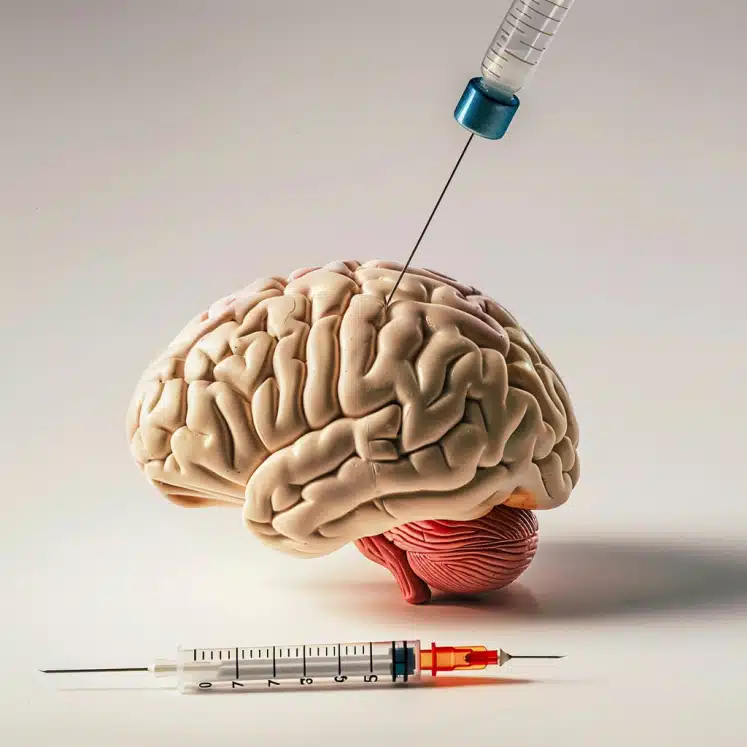Psychosocial Factors Linked to Dizziness & Chronic Dizziness (2024 Research)
Psychosocial factors such as stress and depression, along with physical health issues like tympanic abnormalities and diabetes, significantly contribute to dizziness and chronic dizziness in adults. Highlights: Prevalence & Chronicity: Dizziness affected 24.6% of adults, with 17.1% of these experiencing chronic dizziness (≥3 months). Psychosocial Factors: Female sex, high levels of stress, and depression were …










